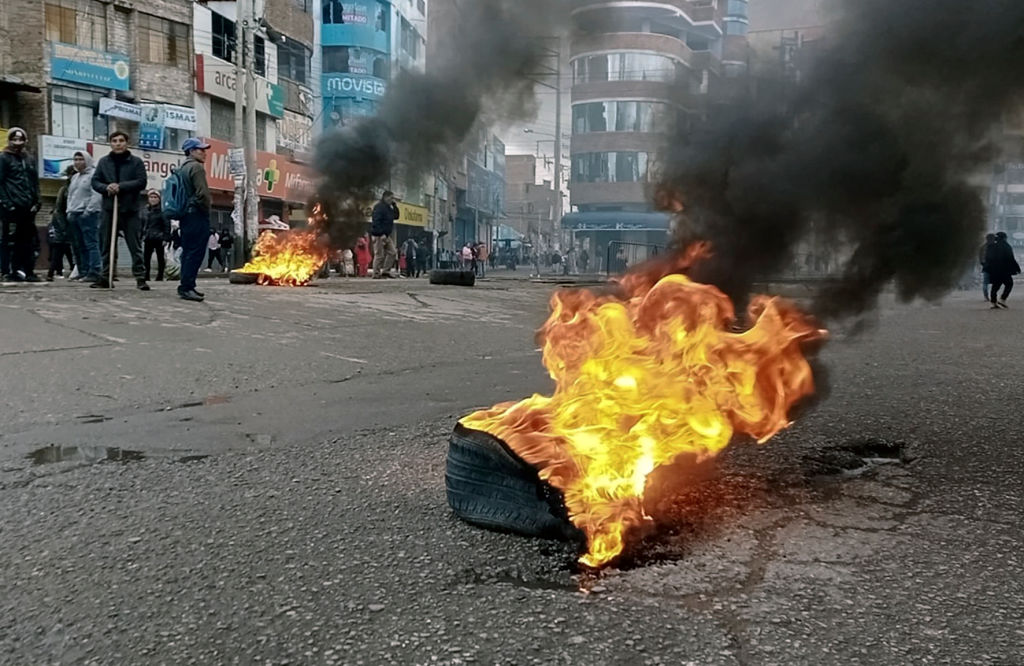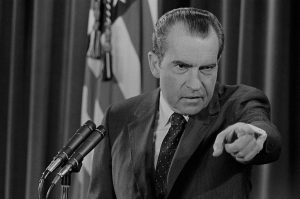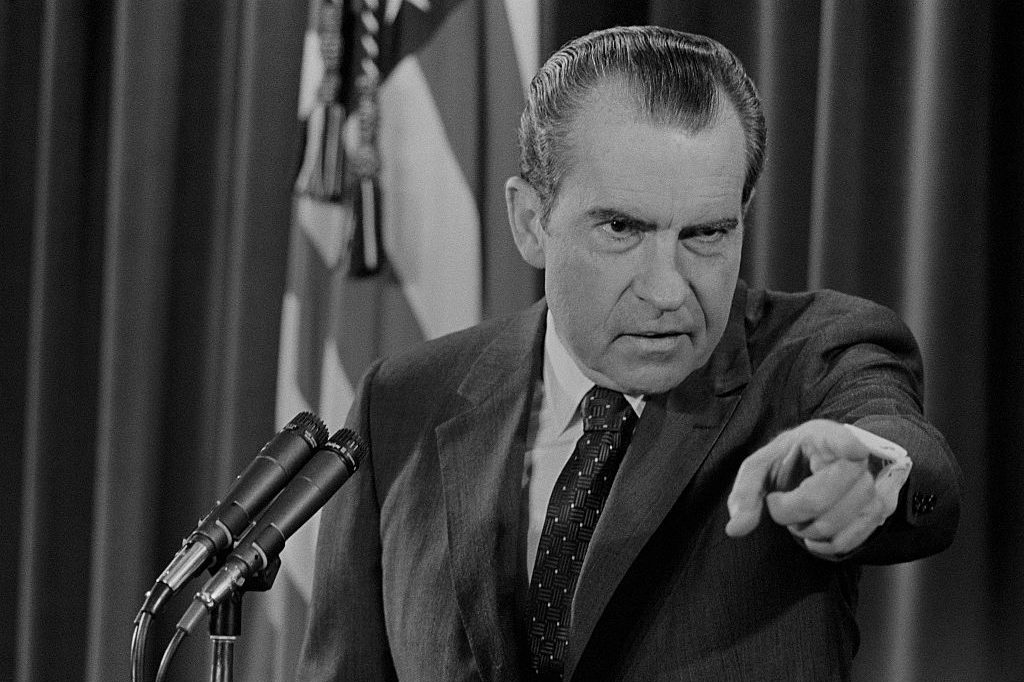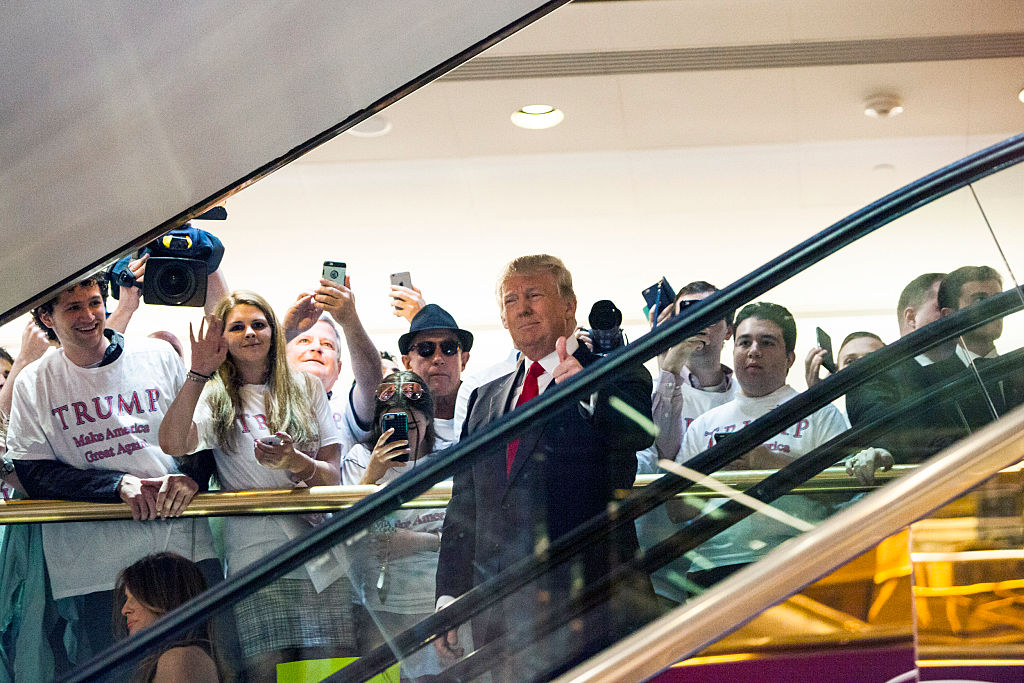For over a month, Peru has been in a state of near-constant unrest. In December, as the legislature threatened to impeach President Pedro Castillo for, among other things, allegations of corruption, Castillo tried to dissolve the legislature and “govern through decrees.” By all measures, this was an attempted coup, and it resulted in his impeachment (by a vote of 101-6), arrest, and condemnation from left and right. In his place, Vice President Dina Boluarte was sworn in as president, having denounced her former boss’s attack on the country’s democracy.
This was a success in a country that has seen six new presidents in the past seven calendar years. The Congress has repeatedly been at odds with the president, and scandals have rocked administration after administration. The legislature has launched or threatened to launch impeachments seven times since 2016.
Since his arrest, Castillo’s supporters have protested, often violently, and thrown a wrench into the country’s economy. Their main goals are swift elections and a constitutional convention (which tends not to turn out well). Some of the protesters are linked to communist and anti-democratic groups. About 47 protesters have died and hundreds have been injured in encounters with riot police, who have been accused of using excessive force. One policeman was also killed and hundreds more have been hurt. So far, the government projects that the protests have cost the country approximately $1.3 billion. Further animating the unrest are underlying grievances in the country’s Indigenous population over, among other issues, poor economic conditions.
The attacks on Lima have not only come from inside the country but from Latin America’s growing population of leftist leaders. Mexican President André Manuel López Obrador has refused to recognize Boluarte as president of Peru, and granted Castillo’s family asylum. Bolivian President Luis Arce, ally of former Bolivian autocrat Evo Morales, declared, “We have the Peruvian people in a fight to recover their democracy and also to recover the right to elect a government that represents them.” Colombian President Gustavo Petro, though he has acknowledged that Castillo’s attempted takeover was ill-conceived, has largely sided with the former president. Argentina has followed a similar line.
Criticism has come from the United States as well. Twenty Democrats in the House of Representatives have called for the Biden administration to cease security aid for Peru over the police’s excessive use of force. Among the signatories are high-profile progressives, including Alexandria Ocasio-Cortez, James McGovern, and Rashida Tlaib. The letter downplays the violence that protesters have committed, stating, “While we recognize that a small number of protestors have participated in violent acts, the Boluarte government has a responsibility to distinguish criminals from peaceful protestors and to protect those participating lawfully.”
Latin America is seeing a regression of democracy that threatens its stability. Brazil suffered a January 6-style riot by far-right supporters of former president Jair Bolsonaro, and now faces an activist Supreme Court that has stifled speech and a president with an extensive history of corruption and cooperation with leftist dictators. Colombia elected Petro, a far-left former guerrilla fighter, as president in 2022, who has since overseen warming ties with socialist Venezuela dictator Nicolás Maduro. Chile, which elected leftist Gabriel Boric as president in 2021, has suffered massive social unrest in recent years, as Boric attempted (and failed) to institute a new constitution in a September 2022 referendum that many feared would have undermined the democratic system. President Nayib Bukele has tightened his grip on El Salvador, and Obrador has undermined Mexico’s democratic structures. Add to this sorry list the countries already under established dictatorships: Cuba, Nicaragua, and Venezuela.
Then there is the problem of Chinese and Russian influence in the region. This has been steadily increasing in recent years, with the most visible example being Russia’s relationship with the Venezuelan regime under Maduro. China has stripped away some of the few countries that recognize Taiwan, including Panama, the Dominican Republic, El Salvador, and Nicaragua. Paraguay may be next to join Beijing’s warm embrace. Chinese investment has proven to be a powerful tool to bring Latin American countries over to its side, and Beijing has provided loans worth over $137 billion. Argentina in particular has tight economic ties with the PRC, and joined the Belt and Road Initiative in 2022.
All of this does not bode well for the United States. Now is not the time to cut aid to Peru but to keep a steady hand. The US should make clear that while it opposes any unwarranted violence on the part of state forces, it stands ready to help Peru in any way it can. That should include a vociferous defense of Peru’s democratic government and condemnation of the anti-democratic forces trying to overthrow it.
Boluarte is Peru’s president and should be treated as such, with those countries that have fanned the flames of discontent pressured by the United States. Doing so could be as simple as making explicit, very public statements that Boluarte’s government is legitimate. Any statements should emphasize that questioning the Peruvian government’s legitimacy undermines democracy, and those that do so both worsen the situation and imperil Peru’s sovereignty.
There is also reason to believe that Latin America’s leftist dictatorships may be involved in aggravating the unrest. If this is the case — and the US should investigate — then putative actions should be swift and public.
If President Biden believes — and he should — that the world is facing a struggle between freedom and autocracy, then Peru should not be placed on the back-burner. There may be some cognitive dissonance involved in the administration finding itself in direct opposition to leftist protesters and leftist governments in Latin America. But if the US is to make a principled stand for what it claims to believe, then Biden must overcome that.

























